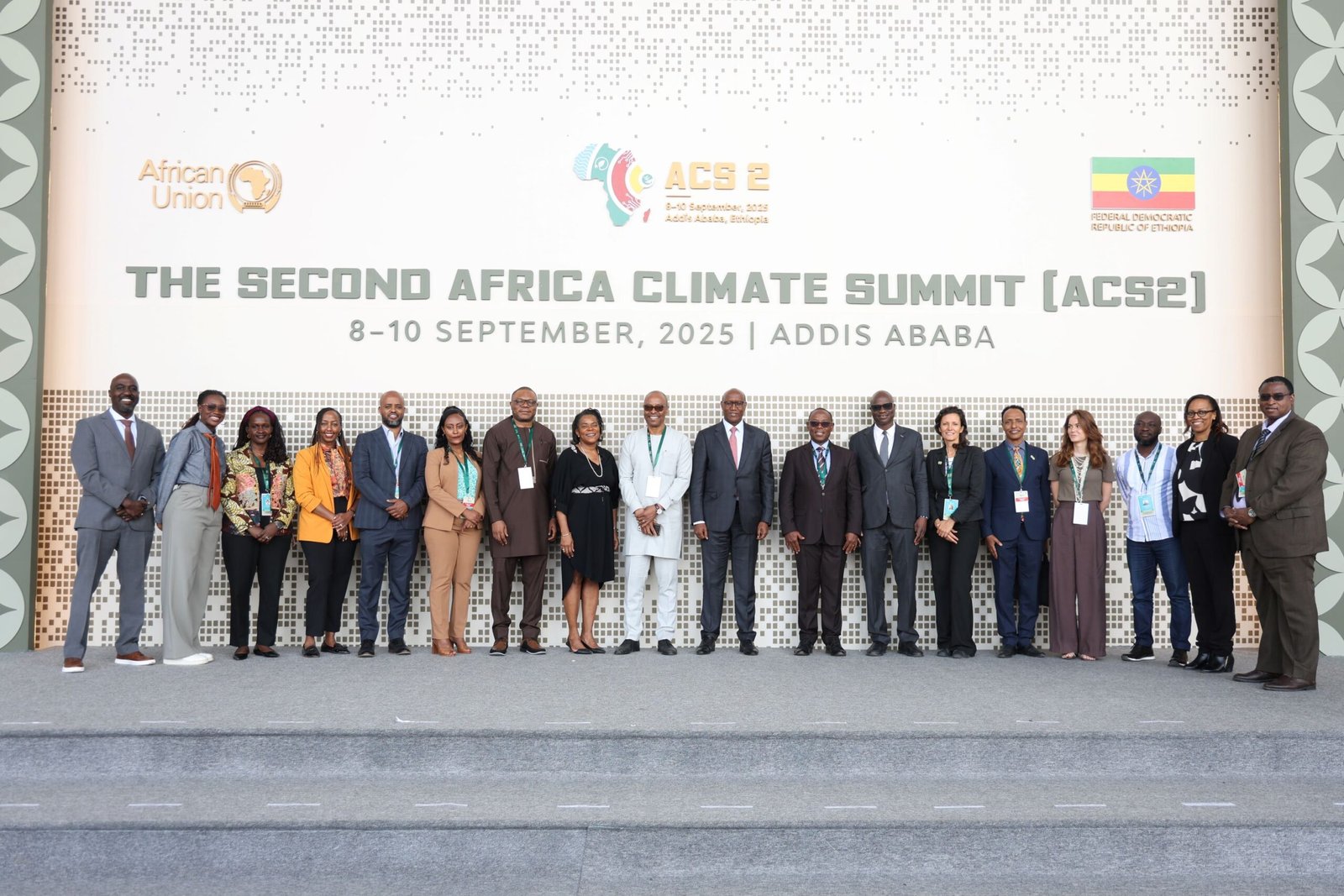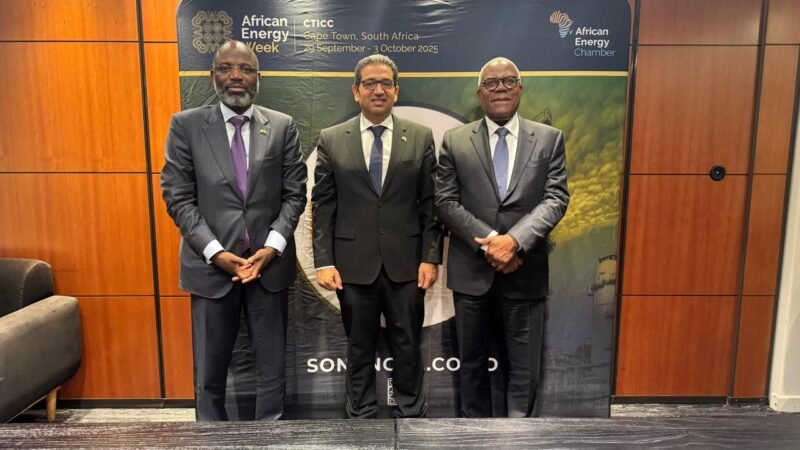African Development Bank to host natural capital accounting community of practice

The African Development Bank Group (AfDB) will host the Secretariat of the Africa Natural Capital Accounting Community of Practice (Africa NCA CoP). The move strengthens the Bank’s role in promoting natural capital as part of climate-resilient development across the continent.
The Secretariat will be based at AfDB headquarters in Abidjan. Its mandate includes implementing the Africa NCA CoP strategy and action plan, aligned with the Bank’s focus on adding value to natural resources. The Bank will also work with partners such as the World Bank, the UN Economic Commission for Africa, and the African Union to scale up activities.
The Africa NCA CoP was launched in 2020 and now counts more than 500 members from 48 African countries. It was previously hosted by the World Bank.
AfDB outlines priorities at Africa Climate Summit 2.0
The announcement was made at the Africa Climate Summit 2.0 in Addis Ababa. The gathering brought together policymakers, development partners, and technical experts to discuss how to mainstream natural capital in national policies and investment plans.
Fred Kabanda, Manager of AfDB’s African Natural Resources Management and Investment Centre, said the move is consistent with the Bank’s new Natural Resources Management and Investment Action Plan (2025–2029). The plan is anchored in AfDB’s Ten-Year Strategy (2024–2033).
Natural capital vital for sustainable growth
Kabanda stressed that Africa’s ecosystems are central to its economies, livelihoods, and poverty reduction efforts. But natural capital remains undervalued in conventional economic measures.
By hosting the Secretariat, AfDB aims to ensure continuity, strengthen ownership at the continental level, and deepen policy engagement. The Bank says this will help unlock Africa’s potential for green, inclusive, and climate-resilient development.



